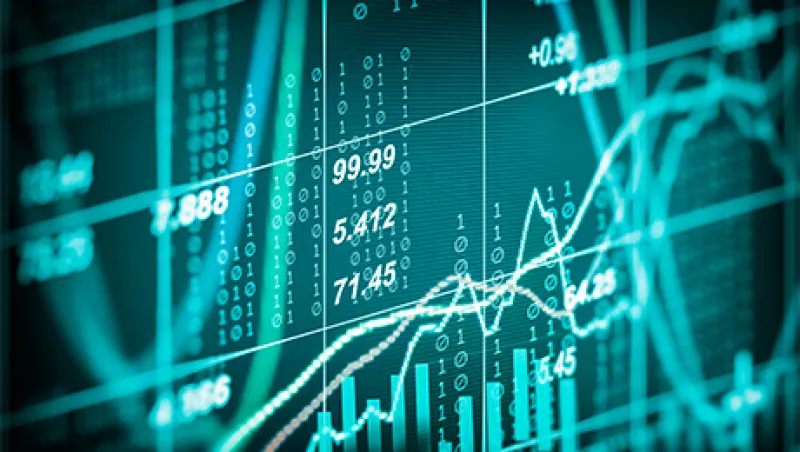Less than a fifth of hedge funds successfully time the market – and even those may be no good at predicting the next big recession.
A new study examining the market timing ability of hedge funds found that although some managers are able to tactically change their equity market exposure in response to real-time information on changes in economic conditions – generally resulting in higher excess returns – these funds still “failed to fully adjust their positive exposure to the stock market” prior to the 2008 financial crisis.
“These can be funds that could have predicted a recession shorter or milder than the actual one,” wrote authors Michael Brandt of Duke University, Federico Nucera with Luiss Guido Carli University, and Giorgio Valente at the Hong Kong Institute for Monetary Research.
Not only did the most procyclical market-timing hedge funds still suffer losses during a recession, they actually performed worse compared to peers that displayed little to no market-timing skill.
But over the long-term, the researchers said, hedge funds that adapt their portfolios in response to economic data outperform compared to their peers. They found that the very best market timers outperformed managers who are less responsive to economic changes by 4 percent annualized, and earned annualized risk-adjusted alpha of 5.5 percent.
The findings were based on a sample of 2,224 equity hedge funds operating between 1994 and 2014, including funds that closed during the time period, using performance data from HFR. Only 17 percent of the hedge funds studied showed “significant” market-timing behavior. Investing in them was “about five times more remunerative” than investing in the most counter-cyclical managers, which made up about 9 percent of the sample.
“Hedge funds differ substantially in their responsiveness to macroeconomic data,” the researchers said in their paper. “The most pro-cyclical market timers outperform their less active and countercyclical peers.”







